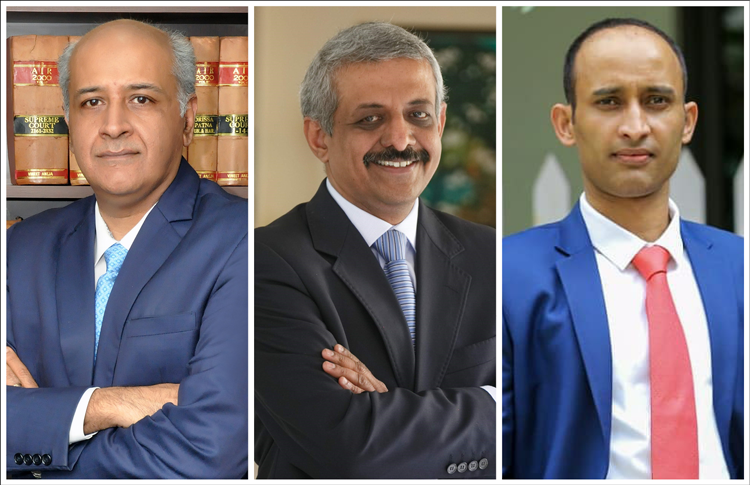
The legal industry has been gradually waking up to the need for marketing and branding, and as India recovers from the effects of the pandemic, getting the word out has become even more urgent. Lawyers talk about their approaches for 2021.
Given that 2021 is expected to see economic recovery, what are your marketing and branding strategies and budget for the year looking like? What tools and channels will you prioritise?
Vineet Aneja, managing partner & head of corporate, Clasis Law
Marketing and branding strategies in 2021 will be different from the strategies adopted in the past decade. Given the COVID-19 pandemic and the sudden growth and focus on virtual and online activities, we are at an early stage of technological transformation. Both of our offices are still working remotely, and we have adopted advanced virtual tools such as ZOOM, MS Teams & HTML emailers to connect with our clients and carry out business development activities.
At Clasis Law, we have created and adopted a virtual working environment wherein we turned the drawbacks of the COVID-19 pandemic into an optimistic work engagement.
We have developed our marketing and branding strategies by focusing on technology and have accordingly allocated a large part of our budget to this aspect. We have planned to roll out practice area-specific e-awareness programmes. In light of this, we have collaborated with Asian Legal Business to participate in industry/geographical specific events, workshops/conferences. Additionally, we plan to further invest in advanced IT tools in order to meet the upcoming challenges.
S. Arun, senior partner, ALMT Legal
In 2021-22, we plan to embark on an aggressive digital marketing campaign and expanded online presence. We will be publishing a lot more online articles to fora, blogs and practise specific publishers. The budgets will remain the same, however, we have seen that the cost in the digital world is a fraction than the physical presence or in the print media. The new costing at lesser levels allows expanding our strategy to a much larger audience both in India and abroad. In the past, we have allocated a single digit of our turnover as a budget and we do not see a need to enhance that as we are likely to get better terms and expanded audience for the same costs. Blogs and networking sites continue to be our prime channels for knowledge dissemination, and we are considering virtual webinars or seminars as well.
Santosh Vikram Singh, partner, Fox Mandal & Associates
Fox Mandal had embarked on its digital journey much before it became a necessity for everyone owing to the pandemic restrictions. Being a service-oriented firm, knowledge sharing has been our constant priority and content has been our focus. However, we never intend to commoditise legal services and therefore, winning client confidence through quality and timely work has been the cynosure of all our initiatives. We endeavour to engage more significantly with our existing clients as well as gain visibility in the niche domain through peerless thought leadership and expand the contours of our content engagement. This year, being the 125th anniversary of the firm would mark a major transformation in the firm’s growth strategy and induce a wave of change internally as well as extrinsically. We are deeply committed to our pro bono undertakings and our strategy is to get more client participation in our initiatives.
To contact the editorial team, please email ALBEditor@thomsonreuters.com.


